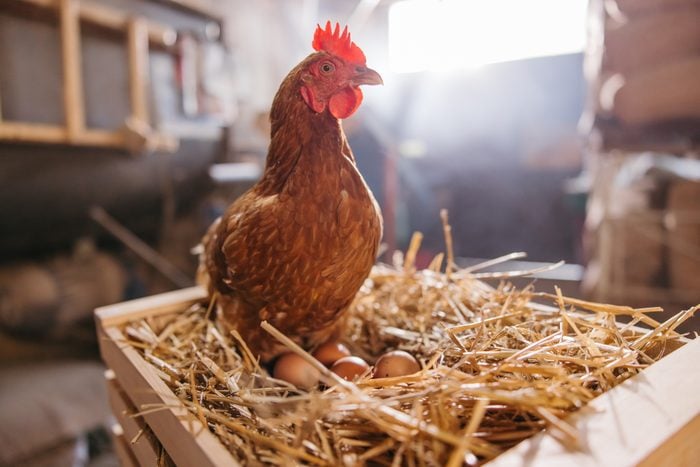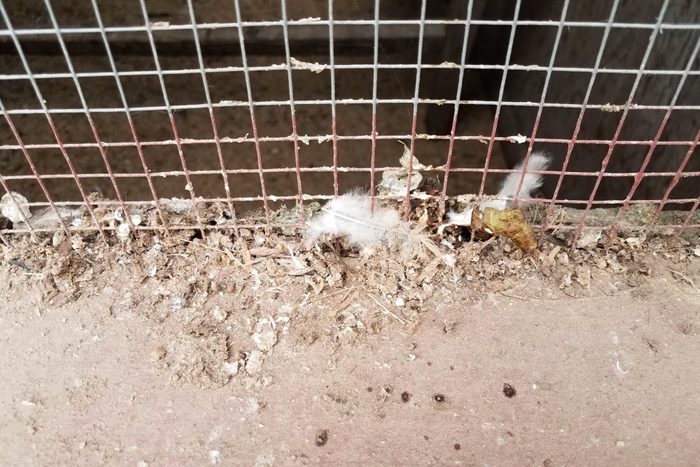
Not Cleaning Enough or Thoroughly
A buildup of feces and debris can harbor bacteria and parasites harmful to your flock. Schedule a regular cleaning routine, removing soiled bedding, droppings and debris. Thoroughly disinfect the entire coop periodically to maintain optimal hygiene.
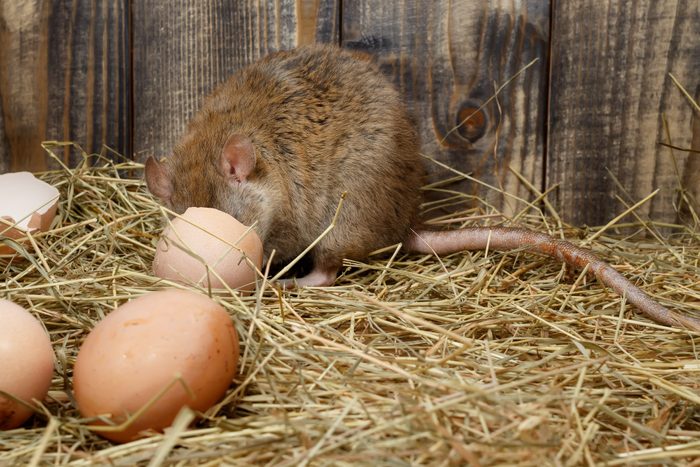
Insufficient Proofing for Pests and Predators
Protecting your chickens from pests and predators is essential for their safety. Many coop designs overlook potential entry points for rats, mice, snakes, raccoons, and other creatures.
Inspect your coop regularly, sealing any gaps, holes or weak points unwanted visitors could access. Implement secure locks on doors and windows, and consider installing a wire mesh apron around the perimeter to deter burrowing predators.
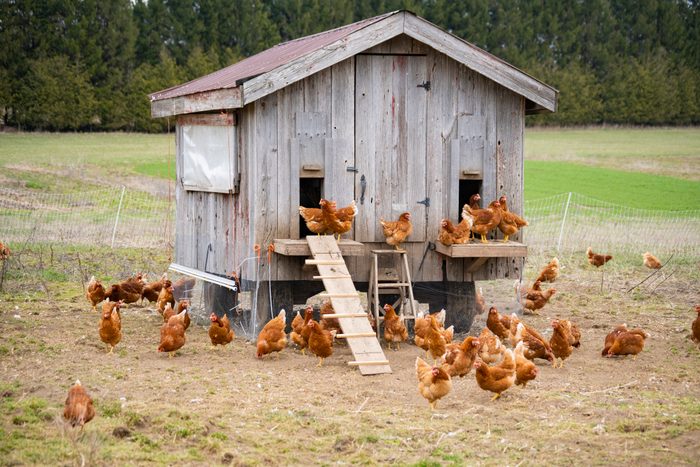
Building the Coop Too Small
Overcrowding in the coop can lead to stress, aggressive behavior, and increased risk of diseases. Each chicken should have at least four square feet of space in the coop and ten square feet of outdoor space.
Also, check these no-waste DIY chicken feeders are a quick, easy, and affordable way to keep the coop clean, save money, and keep your chickens constantly clucking.
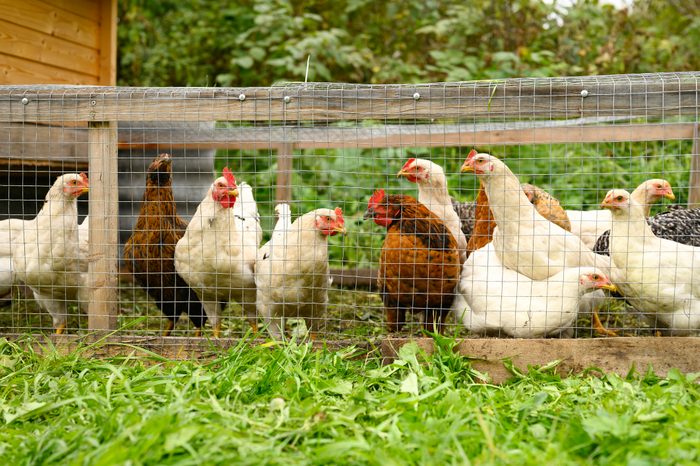
Building in the Wrong Area
Building the coop too far from the house can mean less oversight for predator attacks, but building too close might also be an annoyance with smells and noise.
Choose a well-drained area away from low-lying regions and elevate the coop to prevent water from entering during heavy rainfall. Implement proper drainage systems to avoid water accumulation. It should also face the sun to provide ample natural light.
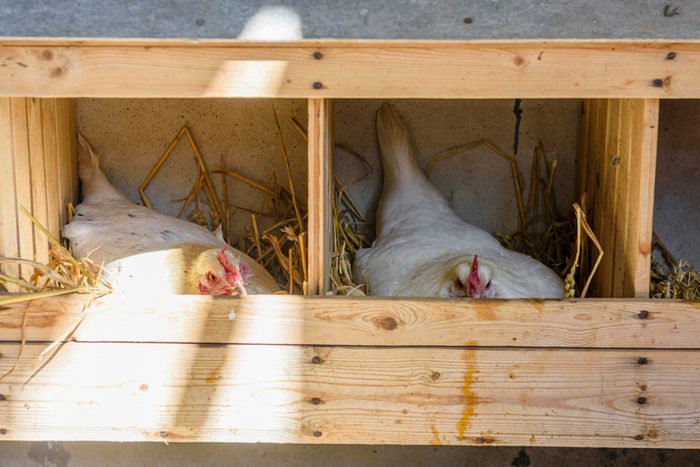
Inadequate Bedding
Straw, wood shavings or pine needles can serve as excellent bedding options. Avoid cedar shavings, which may emit toxic fumes. Ensure the bedding remains dry and odor-free by replacing it regularly. A thick layer of bedding also helps insulate the coop during colder months.
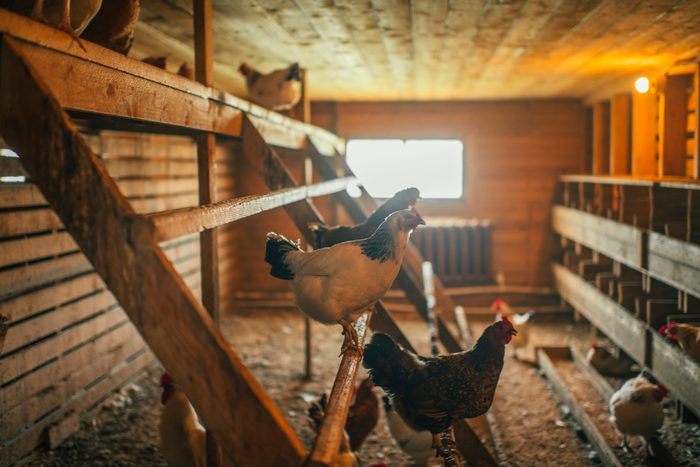
Not Providing Enough Light
Light exposure provides optimal health and egg production. Natural light is best, so position the coop to receive ample sunlight throughout the day. If natural light is limited, supplement it with artificial lighting.
Provide at least 14 to 16 hours of light per day to stimulate egg-laying and prevent behavioral issues.
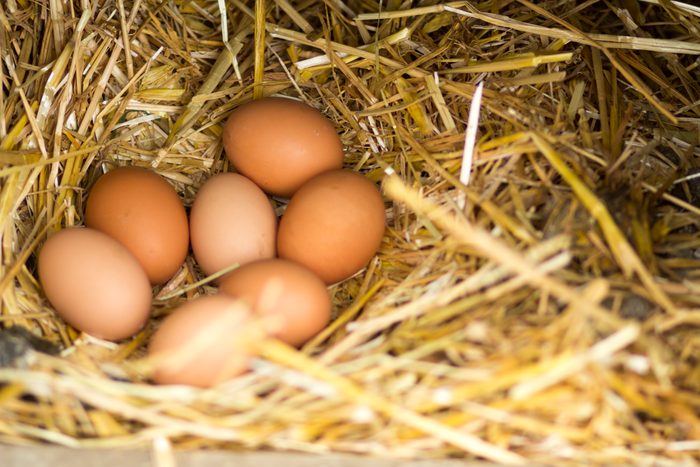
Not Collecting Eggs Regularly
Leaving eggs in the nesting boxes for extended periods can make hens broody or encourage egg-eating behavior. Make it a daily habit to collect eggs, ensuring they’re clean and intact. Prompt collection also reduces the risk of attracting pests.
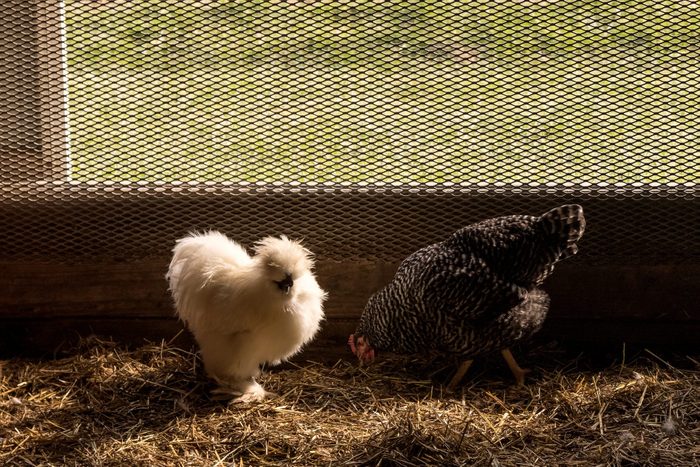
No Ventilation
Inadequate airflow can result in excessive moisture, ammonia buildup and respiratory issues for your chickens. Install vents or windows that can be opened and closed as needed to regulate airflow. Ensure the coop is well-ventilated without creating drafts that can lead to temperature fluctuations.
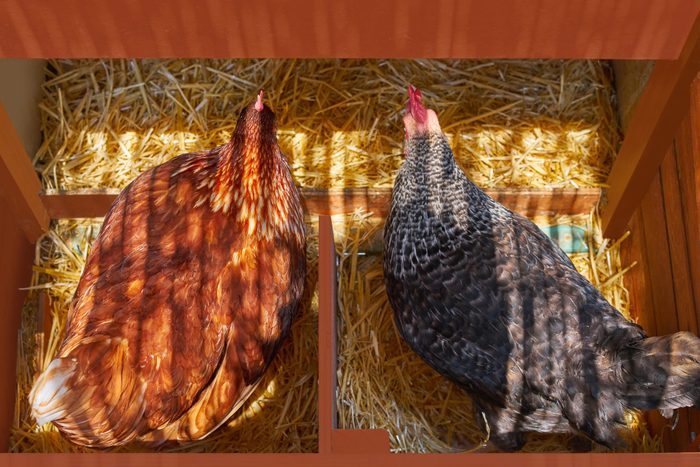
Too Few Nesting Boxes
Too few nesting boxes can lead to competition among hens, stress and even egg breakage. There should be at minimum one nesting box for every four to five hens. Boxes should be clean, dry and filled with proper bedding material.
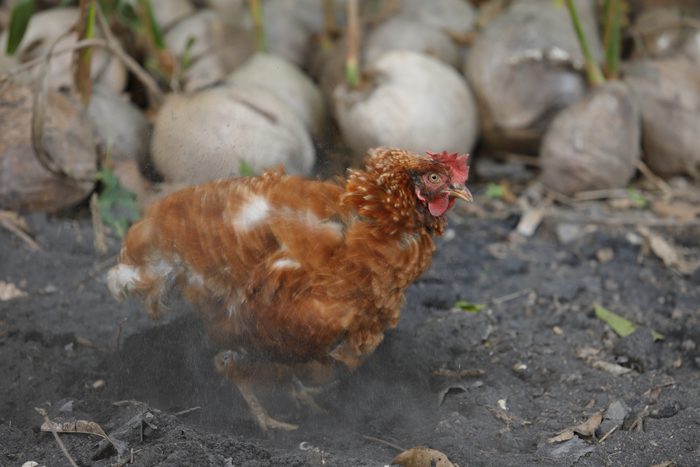
No Dust Bath Area
Dust bathing maintains good hygiene and keep pests at bay by removing excess oil, mites and lice from their feathers. Unfortunately, some chicken coops lack a designated dust bath area. Without one, chickens may make their own in inconvenient places like garden beds, or near food and water sources.
To prevent this, create a dedicated dust bath area within the coop or run. Fill it with fine sand, wood ash and diatomaceous earth, which controls parasites.
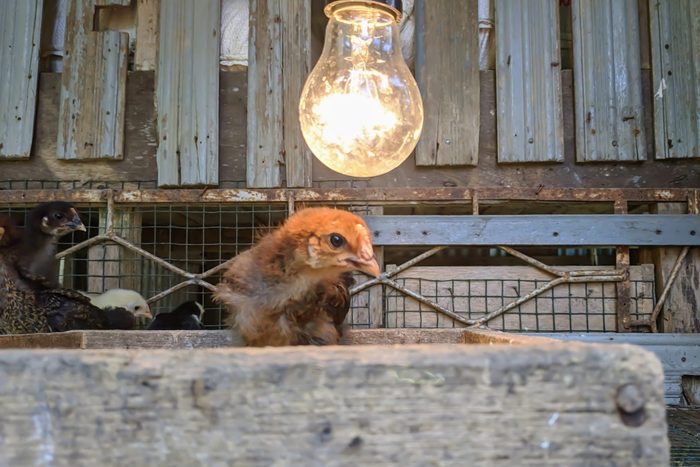
Using the Wrong Heating System
Extreme cold can be detrimental to your flock’s health. However, the wrong heating system can also pose risks.
Avoid space heaters, heat lamps or open flames inside the coop, which can cause fires or overheat the space. Instead, opt for safe methods like radiant heaters or heated panels made for chicken coops. These are energy-efficient, provide gentle and consistent warmth and come with built-in safety features to prevent accidents.
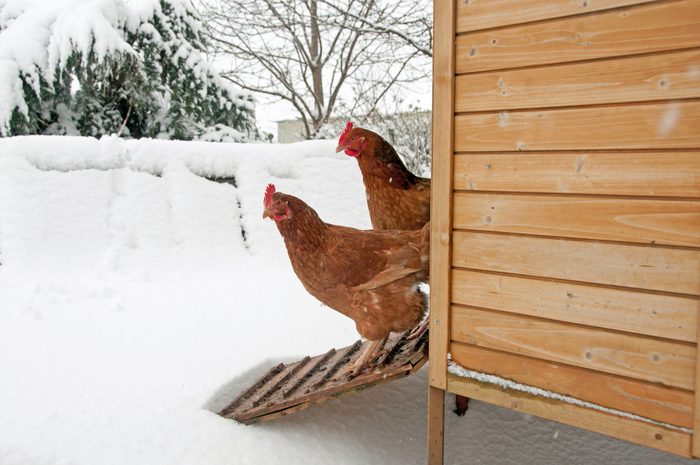
Not Preparing for Extreme Weather
Whether it’s scorching heat, freezing cold, heavy rain or strong winds, it’s crucial to take necessary precautions to protect your flock from severe weather. On hot days, provide shade and ensure proper ventilation to prevent heat stress. Use misting systems or fans to cool down the coop if needed.
In cold weather, insulate the coop, cover any drafts and use bedding material to keep chickens warm. Consider frost-proof waterers to prevent freezing water. For heavy rain or high winds, make sure the coop is structurally sound and doesn’t have leaks.

